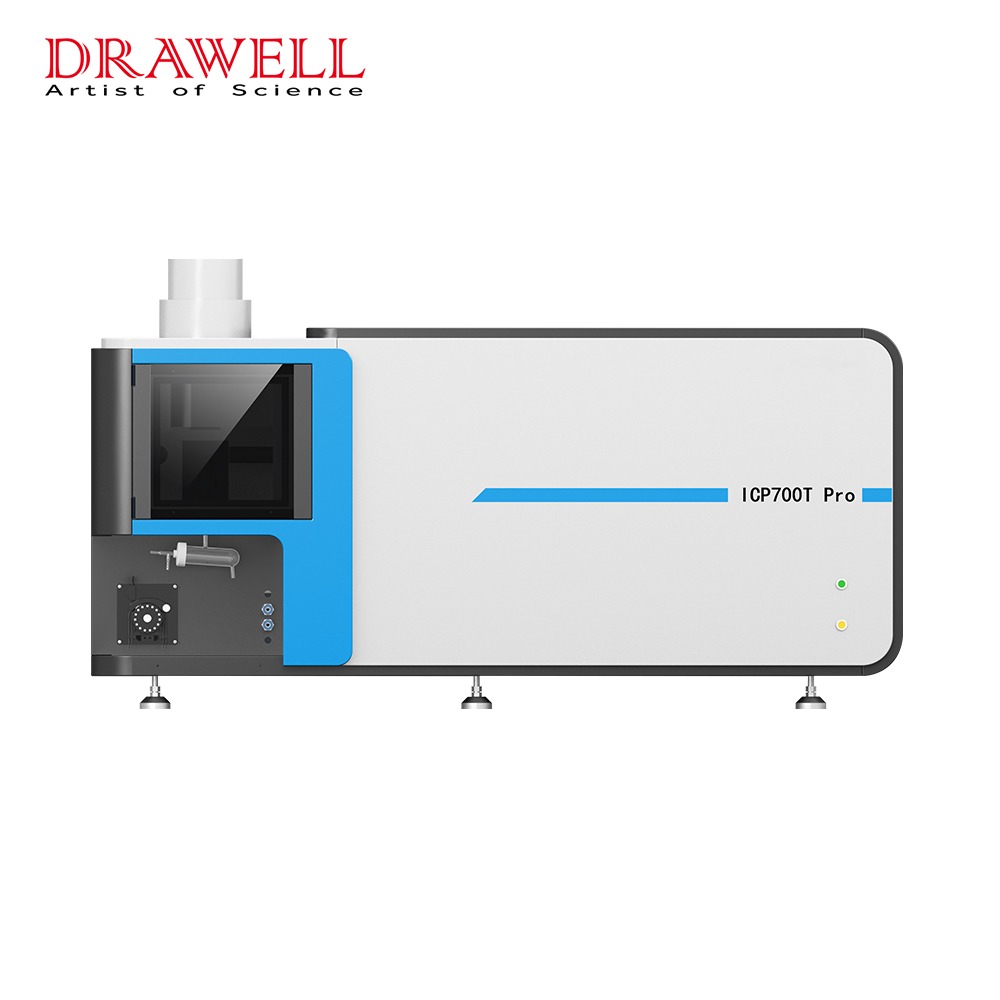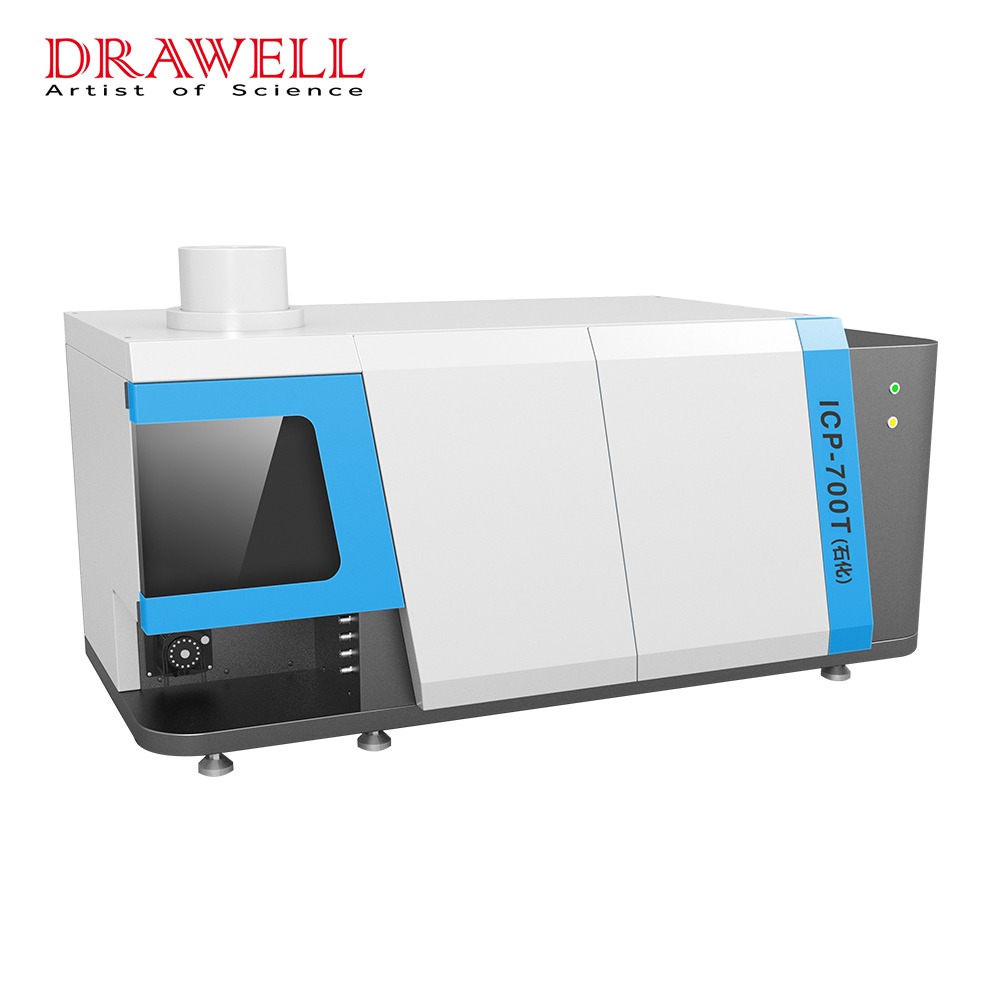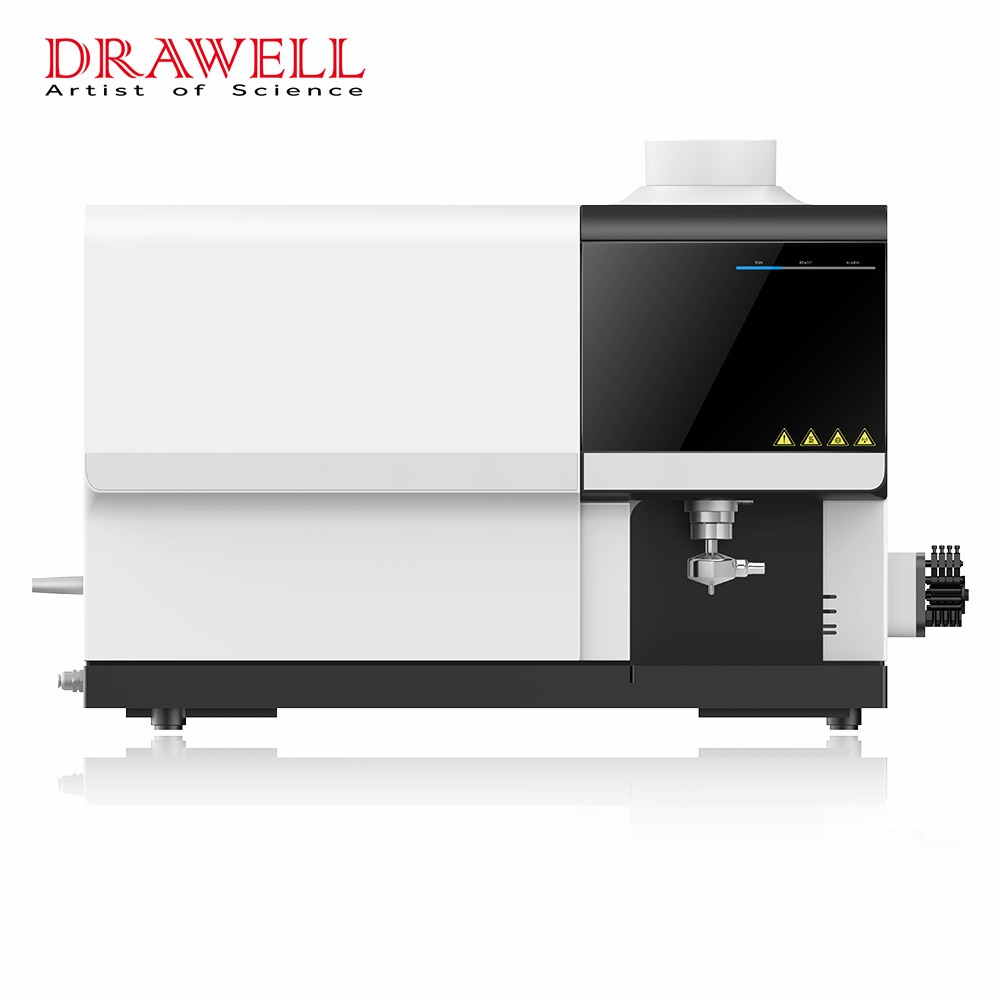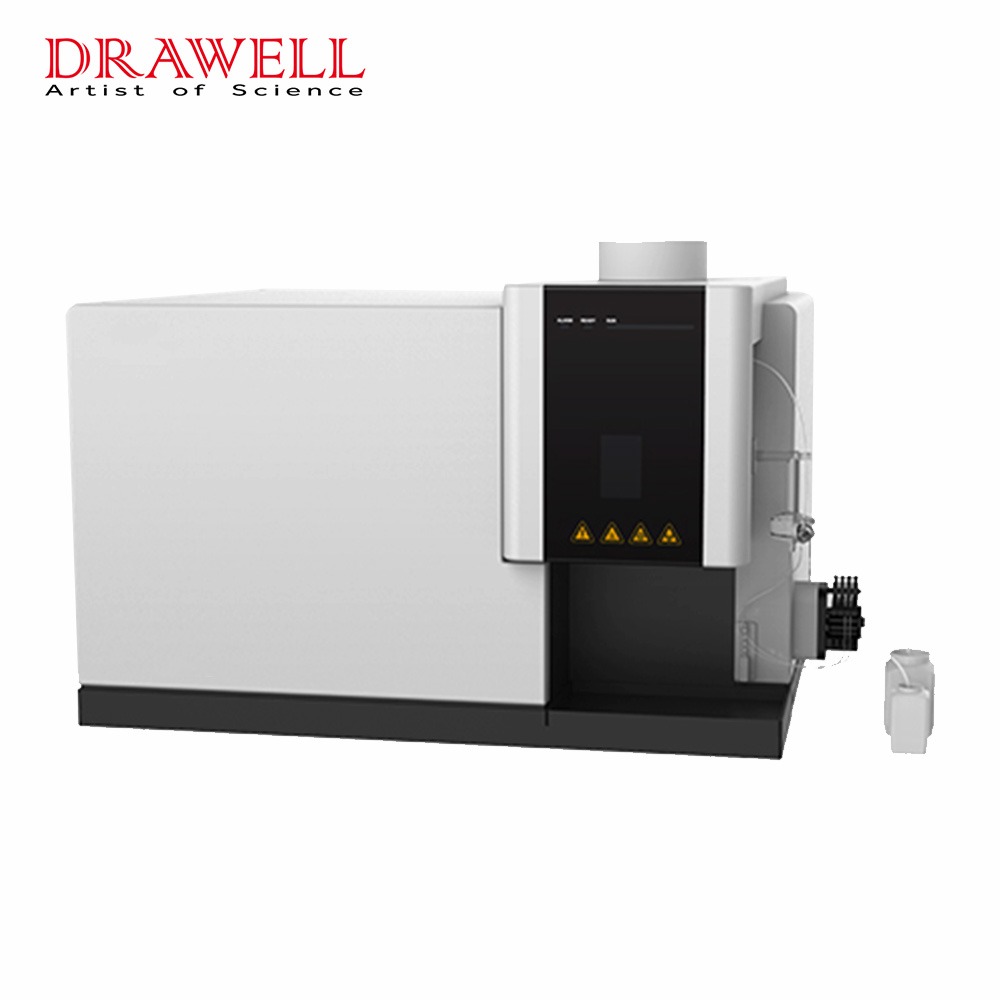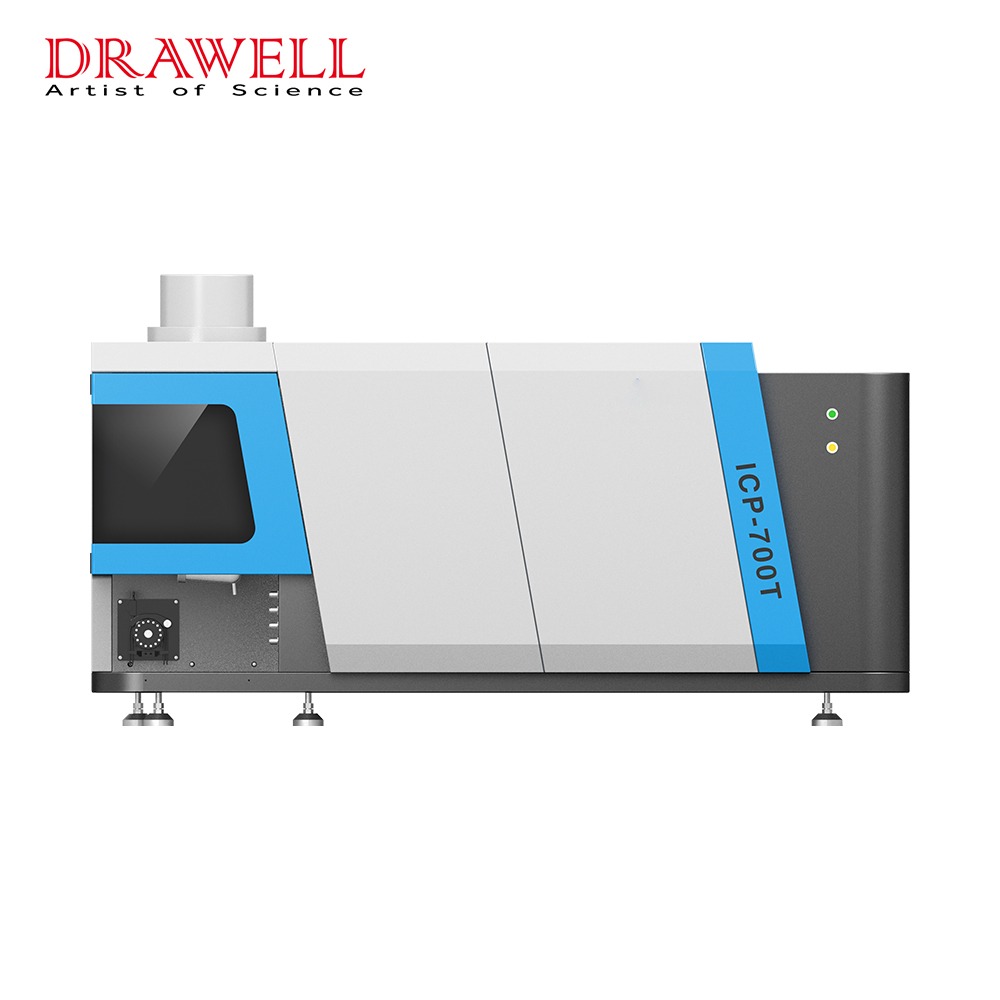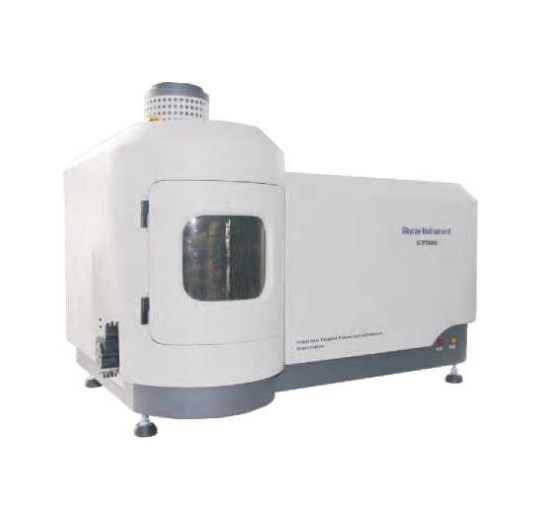In the world of analytical chemistry, Inductively Coupled Plasma Mass Spectrometry (ICP-MS) has emerged as a powerful and versatile technique for elemental analysis. With its ability to simultaneously detect and quantify multiple elements with high sensitivity and precision, ICP-MS has become an indispensable tool in a wide range of scientific disciplines and industries. From environmental monitoring to pharmaceutical research, geological exploration to forensic investigations, ICP-MS offers valuable insights into the elemental composition of diverse samples.
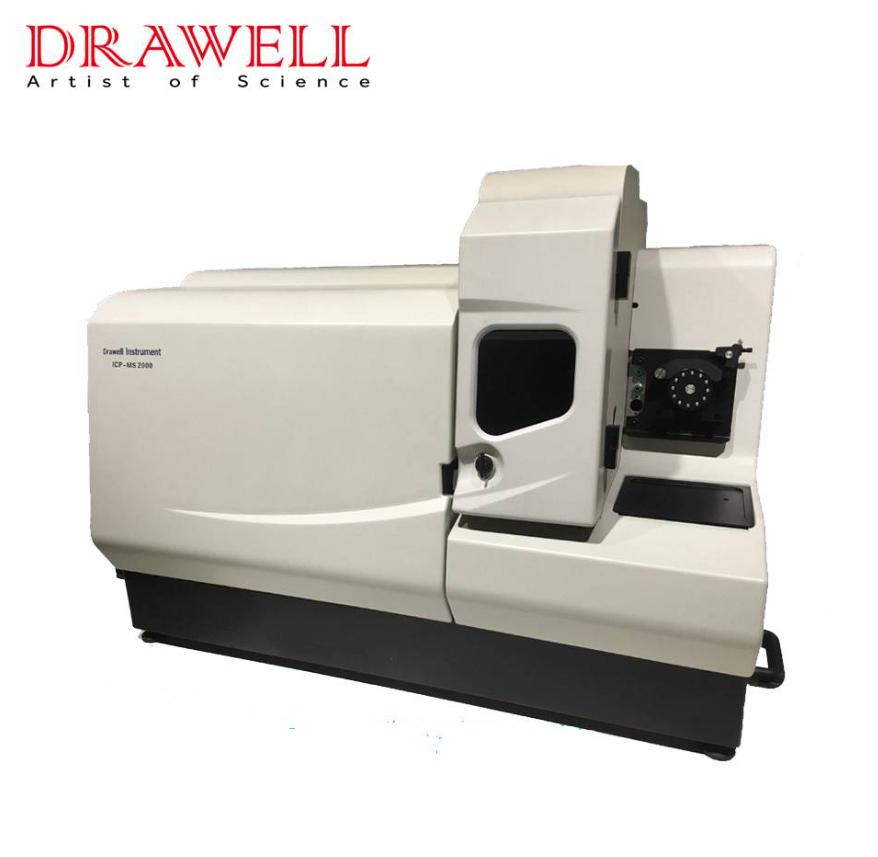
What Are the Working Principle of ICP-MS?
The working principle of ICP-MS (Inductively Coupled Plasma Mass Spectrometry) involves several key steps, from sample introduction to ionization, mass separation, and ion detection. Here is an overview of the working principle:
- Sample Introduction and Preparation: The sample of interest is prepared for analysis, which may involve various sample preparation techniques such as digestion, dilution, extraction, or filtration. The sample is then introduced into the ICP-MS instrument.
- Inductively Coupled Plasma (ICP) Generation: The sample is aerosolized and introduced into an argon plasma generated by an inductively coupled plasma torch. The torch generates a high-temperature plasma by using radio frequency (RF) energy to induce an electric field. The plasma reaches temperatures of around 6,000-10,000 Kelvin.
- Ionization and Excitation: In the plasma, the high temperatures cause the atoms in the sample to undergo ionization and excitation processes. Electrons from the outer shells of the atoms are promoted to higher energy levels or completely removed, resulting in the formation of ions.
- Mass Separation: The ions from the plasma are extracted and guided into the mass spectrometer. Inside the mass spectrometer, a combination of electric and magnetic fields is applied to separate the ions based on their mass-to-charge ratio (m/z). This separation process is usually achieved using a mass analyzer, such as a quadrupole, magnetic sector, or time-of-flight (TOF) analyzer.
- Ion Detection: The separated ions are detected by an ion detector, which measures their abundance. The most common type of detector used in ICP-MS is a Faraday cup detector, which measures the ion current. Other types of detectors, such as electron multipliers or ion-to-photon detectors, may also be used in certain configurations.
- Data Acquisition and Analysis: The detected ion signals are collected and processed by the instrument’s data acquisition system. The system converts the ion currents into digital data, generating a mass spectrum. The mass spectrum displays the intensity of ions at different m/z values, providing information about the elemental composition and concentrations of the analytes present in the sample.
Throughout the analysis, it is important to consider and mitigate potential interferences from isobaric interferences, polyatomic ions, and matrix effects to ensure accurate and reliable results. This can be achieved through techniques such as collision/reaction cells or the use of appropriate calibration standards and internal standards.

What Are the Applications of ICP-MS?
ICP-MS (Inductively Coupled Plasma Mass Spectrometry) has numerous applications across various scientific fields and industries. Some common applications of ICP-MS include:
- Environmental Analysis: ICP-MS is extensively used in environmental monitoring and analysis. It enables the detection and quantification of trace elements and pollutants in water, soil, sediments, and air samples. It helps assess environmental contamination, study elemental cycling in ecosystems, and monitor compliance with regulatory standards.
- Geological and Mining Applications: ICP-MS is vital in geology and mining for characterizing rocks, ores, minerals, and geological samples. It provides elemental composition data for resource exploration, ore grade determination, and understanding geological processes. It aids in identifying economic mineral deposits and evaluating environmental impacts of mining activities.
- Food and Agriculture Analysis: ICP-MS plays a crucial role in food safety and agriculture by analyzing food products, crops, and animal feed. It helps identify and quantify contaminants, such as heavy metals, pesticides, and toxic elements, ensuring the safety and quality of food. It also helps assess nutrient content and monitor elemental profiles in agricultural practices.
- Pharmaceutical and Clinical Applications: ICP-MS is used in pharmaceutical research and quality control to analyze drug formulations, detect impurities, and measure trace elements in pharmaceutical products. In clinical settings, it assists in therapeutic drug monitoring, biomonitoring of trace elements in biological samples, and studies related to metal toxicity and deficiencies.
- Forensic Analysis: ICP-MS finds applications in forensic science for elemental analysis of trace evidence. It helps in identifying gunshot residue, analyzing hair and fibers, examining paint chips, and determining elemental profiles for forensic investigations and criminalistics.
- Material Science and Industrial Applications: ICP-MS is utilized in material science and industrial processes for quality control and monitoring of elemental impurities in metals, alloys, ceramics, electronic components, and other materials. It aids in ensuring product integrity and compliance with industry standards.
- Health and Biomedical Research: ICP-MS is employed in biomedical research to study metal biochemistry, assess metal toxicity, and investigate metal-related diseases. It assists in studying metal uptake, distribution, and metabolism in biological systems, as well as the effects of environmental exposure on human health.
- Nuclear and Radiochemistry: ICP-MS is used in nuclear and radiochemistry to measure isotopic ratios and trace radionuclides. It plays a vital role in environmental monitoring of radioactive contaminants, nuclear safeguards, and radioisotope tracing in scientific and medical applications.
These are just a few examples of the diverse applications of ICP-MS. The working principle of ICP-MS allows for simultaneous analysis of multiple elements, high sensitivity, and wide dynamic range, making it a powerful analytical technique in various scientific research, industry, and environmental monitoring applications.

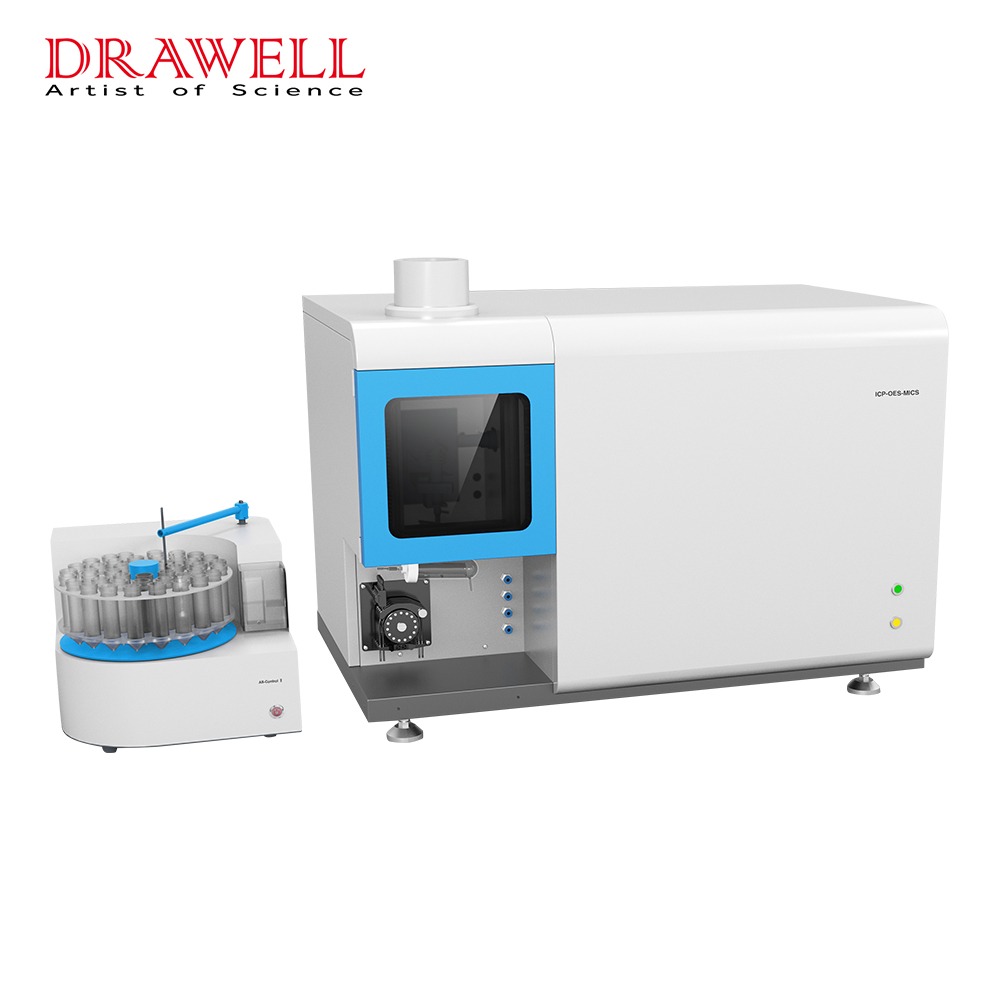
2.jpg)
